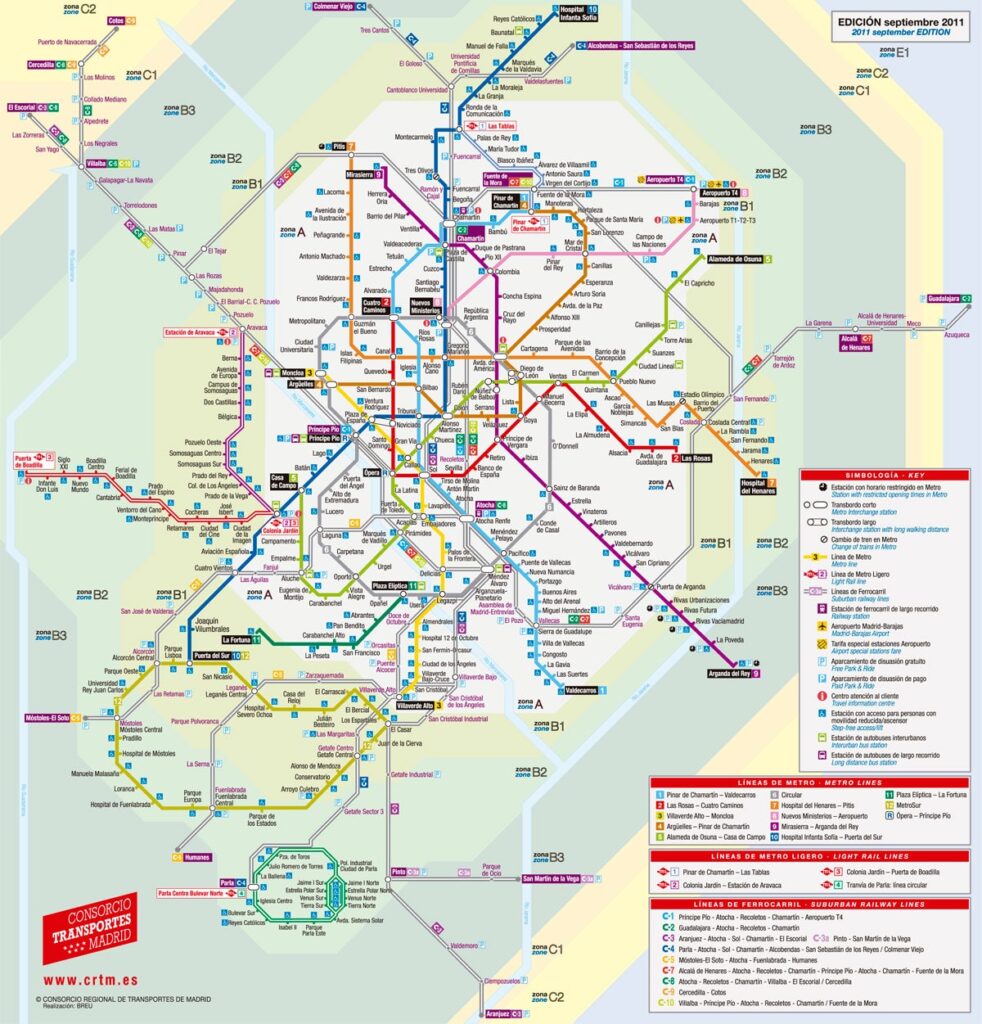VTM addresses gender inequality in the transport sector labour market

An insightful scientific article by the VTM team has just been published on a specialised journal.
The transport sector is a traditionally male-dominated one, both from an employment point of view and for the values it embodies. It has the stigma of being dominated by a “macho” culture and it has been regarded as “no place for women”. Globally, women represent less than one-fifth of the transport workers in the European Union.
Gender segregation within the transport sector starts early, influenced by traditions and stereotypes that dictate career paths for both men and women, with gender segregation crossing not only the labour market, but also the educational system.
Following a global tendency adopted by almost each European Union country, in Portugal women still occupy a majority place in services, which somehow reflect the work done in the family environment over time. Despite all the profound changes due to a common effort of government, public and private institutions, academia, and the society itself, equality between men and women presents paradoxes in each activity sector, including transport sector, where women are still underrepresented.
Against this background, VTM undertook a scientific research initiative aiming at assessing and understanding the existing gender inequalities in the Portuguese transport sector’s labour market.
The study starts with an examination of existing policies and measures implemented in Portugal to mitigate gender inequalities, with a particular focus on the position of women within the Portuguese transport sector. This section also provides empirical evidence showcasing the efforts undertaken by Portuguese transport companies in combating job segregation and gender disparities.
Furthermore, our analysis identifies the main obstacles hindering women’s career advancement within the transport sector. Finally, we present a comprehensive set of recommendations designed to address the multifaceted challenges faced by women, encompassing aspects such as career progression, access to opportunities, and workplace dynamics.
By shedding light on this crucial topic, our aim is to contribute to the ongoing discourse in our sector and, more importantly, to inform decision-making towards a more inclusive and gender-neutral society.
The results of our research are published in the special issue on “Connections Between Gender, Transport and Employment” of WORK – A Journal of Prevention, Assessment & Rehabilitation, accessible here.
For those interested in further exploring the results and findings of our study, we welcome your inquiries and would be delighted to provide additional information.
Latest news
All news
New study reveals how street network layout shapes urban mobility cultures across Europe
A collaboration including VTM’s Cristian Adorean uncovers fresh insights into the relationship between city design and travel behaviour. A new study published in Cities examines how the layout of street networks—measured as “circuity”—relates to varied mobility cultures across 41 European cities. Co-authored by VTM senior consultant Cristian Adorean, the research explores how urban environments shape […]

Key challenges to widespread adoption of clean hydrogen in urban mobility: a chicken-and-egg problem?
This is the third article of a trilogy about the application of hydrogen technologies in transport. The first one and the second one are still accessible on our website. Our previous article briefly introduces the tech under the hood of fuel cell vehicles (FCV) and their main advantages over battery electric vehicles (BEV). Depending […]
